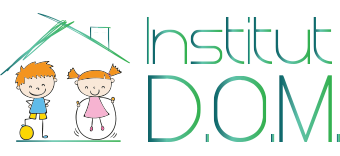Training in child and adolescent integrative psychotherapy

Psychotherapy for children and adolescents differs greatly from psychotherapy for adults, and that is especially true when it comes to the role of the therapist. It includes the relationship and cooperation with the parents, since that is what the acceptance of the treatment itself primarily depends on.
Given the specifics of children and adolescents, therapeutic techniques are adapted depending on the phase of development and the child’s problems, as well as the relationship with environment. Special diificulties concerning psychotherapy of children and young people arise from the child’s problems with motivation, reduced capacity for retrospection, and difficulties with time perspective. Preoccupation with the child’s ego defenses in relation to the therapist poses a particular difficulty, which is especially pronounced in adolescents, and it creates difficulties in establishing relationships.
Therapeutic techniques are modified in relation to the child’s stages of development and the level of education, which is also what the choice of technique depends on. The role of therapists in therapy with children and adolescents is very complex because the therapist’s role is to create a safe environment, take responsibility for setting boundaries and ethics of the process, and the internal mental processes of the child and the relationship with their parents also become a part of the therapeutic relationship. New relationships formed through therapy are important for all relationships formed later on.
